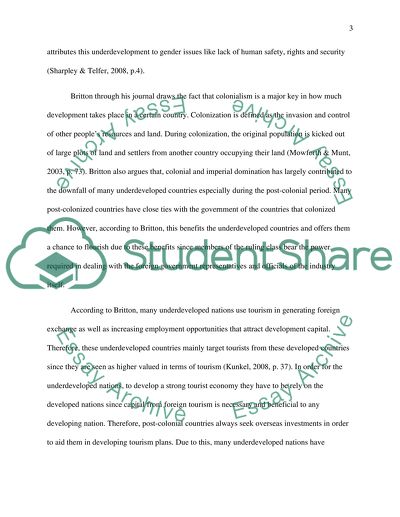Cite this document
(“Britton Essay Example | Topics and Well Written Essays - 1000 words”, n.d.)
Britton Essay Example | Topics and Well Written Essays - 1000 words. Retrieved from https://studentshare.org/tourism/1490317-britton
Britton Essay Example | Topics and Well Written Essays - 1000 words. Retrieved from https://studentshare.org/tourism/1490317-britton
(Britton Essay Example | Topics and Well Written Essays - 1000 Words)
Britton Essay Example | Topics and Well Written Essays - 1000 Words. https://studentshare.org/tourism/1490317-britton.
Britton Essay Example | Topics and Well Written Essays - 1000 Words. https://studentshare.org/tourism/1490317-britton.
“Britton Essay Example | Topics and Well Written Essays - 1000 Words”, n.d. https://studentshare.org/tourism/1490317-britton.


